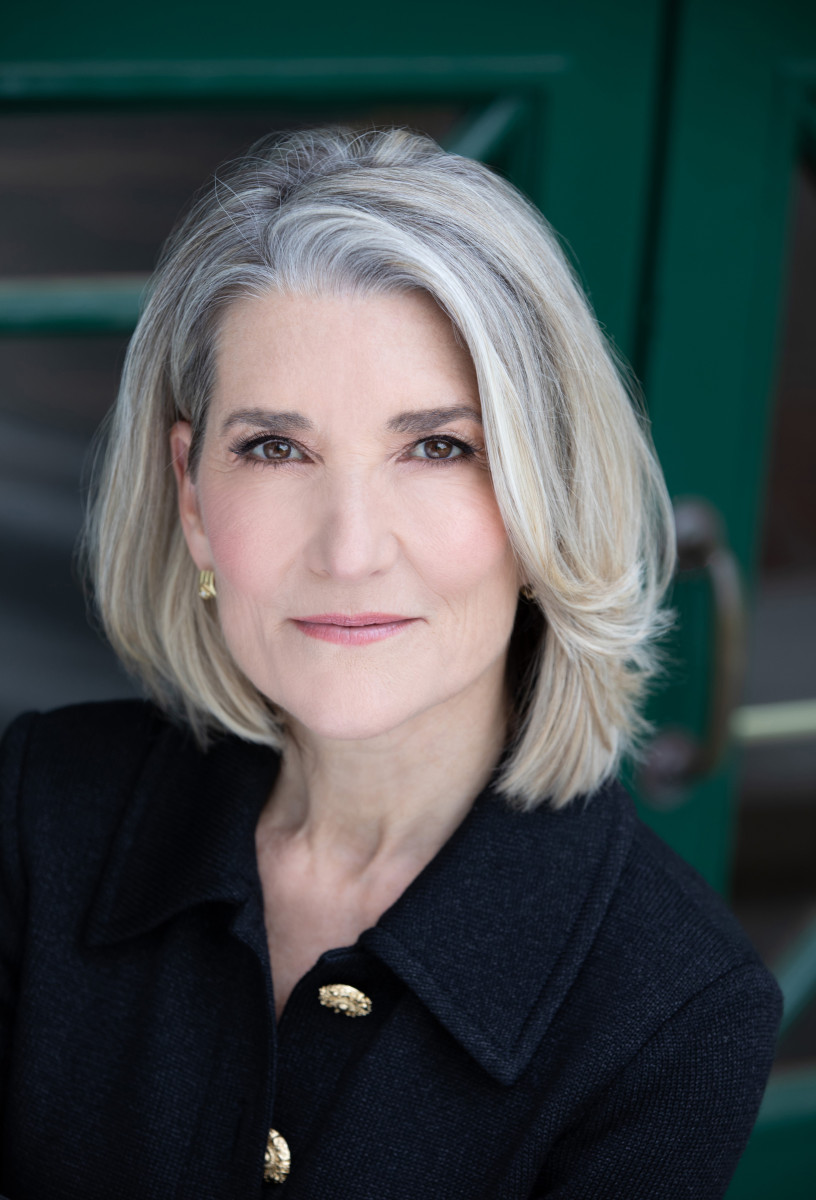
Amy C. Edmondson is the Novartis Professor of Leadership and Management at the Harvard Business School, established to support the study of human interactions that lead to the creation of successful enterprises.
Edmondson’s recent book, Right Kind of Wrong: The Science of Failing Well, disrupts the reader’s understanding of failure; this will be at the heart of her lecture at 10:45 a.m. today in the Amphitheater, concluding the Chautauqua Lecture Series week on “What We Got Wrong: Learning from Our Mistakes.”
Why is failing so hard for us and how do we fail “right?” Edmondson posits the answer as aversion, confusion and fear — aggressively human characteristics. Failing “right” is what she calls intelligent failure, which is failure that must take place in new territory, in pursuit of a valued goal, and with adequate preparation and risk.
According to Edmondson, there are three reasons it is imperative to learn how to reevaluate failure: Adaptation is critical in times of uncertainty; intelligent failure is essential for progress; and successful leaders recognize the impossibility of perfection.
However, not all failures are created equal.
“Basic failures are preventable ones in familiar territory; they’re caused by deviations from specified standards or knowledge. Complex failures are those that arise from unique combinations of factors, also in, at least, partly familiar territory. Both basic and complex failures are theoretically, and, in most cases, practically preventable,” Edmondson told Forbes India. “In contrast, intelligent failures are those that occur quickly and on a small scale, in new territory, thus providing valuable information.”
Learning to love intelligent failure means seeing those failures as paths to new, valuable information.
“I had insights I hadn’t had before,” Edmondson said to Jonathan Fields for the Good Life Project about an epiphany on what success really means. “I had ideas that I can’t wait to experiment with to see if they work.”
The idea of what success is supposed to look like is conditioned starting at a young age. Kids are rewarded for an A and punished for lesser grades. Those messages might be well-intentioned, but can cause pain when we get something wrong.
Part of the problem is “failure culture” — one approach is to avoid failure at all costs, the other says fail fast, fail often. A healthy failure culture, Edmondson said to Forbes India, rewards intelligent failure. The crucial aspect lies in the ability to differentiate between the three types of failures while applying good failure-prevention practices.
“The failure craze — the ‘fail fast, fail often’ culture that wants us to embrace failure seemingly indiscriminately — takes inspiration from the intelligent failures that are essential to innovation,” Edmondson told Forbes India. “But it glosses over the varied failure landscape, which also includes basic and complex failures. Some failures are bad, not in the sense of immoral but in the sense of wasteful.”
Psychological safety is key to failing well. More often than not, learning is a team sport and requires interpersonal risk; meaning, speaking up with something makes you feel vulnerable, asking for help when overwhelmed, or acknowledging a mistake based on the belief your team will have the right reaction.
“This interpersonal climate factor turns out to be crucial in predicting team performance in challenging environments, ranging from those in leading academic medical centers to Fortune 500 companies to your family,” Edmondson said.
There are three ingredients in the recipe of psychological safety: framing, questions, and responses. Framing requires viewing an uncertain situation — perhaps one in which a person failed — as a valuable learning opportunity. In a psychologically safe situation, the person can ask authentic, good-faith questions, and expect to get an authentic, good-faith response in return.
“In a way, I’m caring about you as a human being, right? I may not like the idea. I may disagree or may think that was unhelpful; but I care enough about you as a human being and I care enough about the future to not say something that will inhibit voices going forward,” Edmondson told Fields. “The next utterance might have been the game-changing idea that saved the company or the error that was caught before real harm happened. It’s an awareness that your responses matter in what happens next.”
There’s a difference between knowing and learning, and Edmondson said the bottom line is to be curious, and stay curious.
“There’s this connection between curiosity and learning, which is the other word we keep coming back to because it is so easy to fail to be curious. … We were born with curiosity, but it can lay dormant,” Edmondson said on the Good Life Project’s podcast. “Waking it back up again is probably the most important thing you can do, both to experience the intelligent failures more fully and usefully, but also to prevent many of the preventable ones.”




